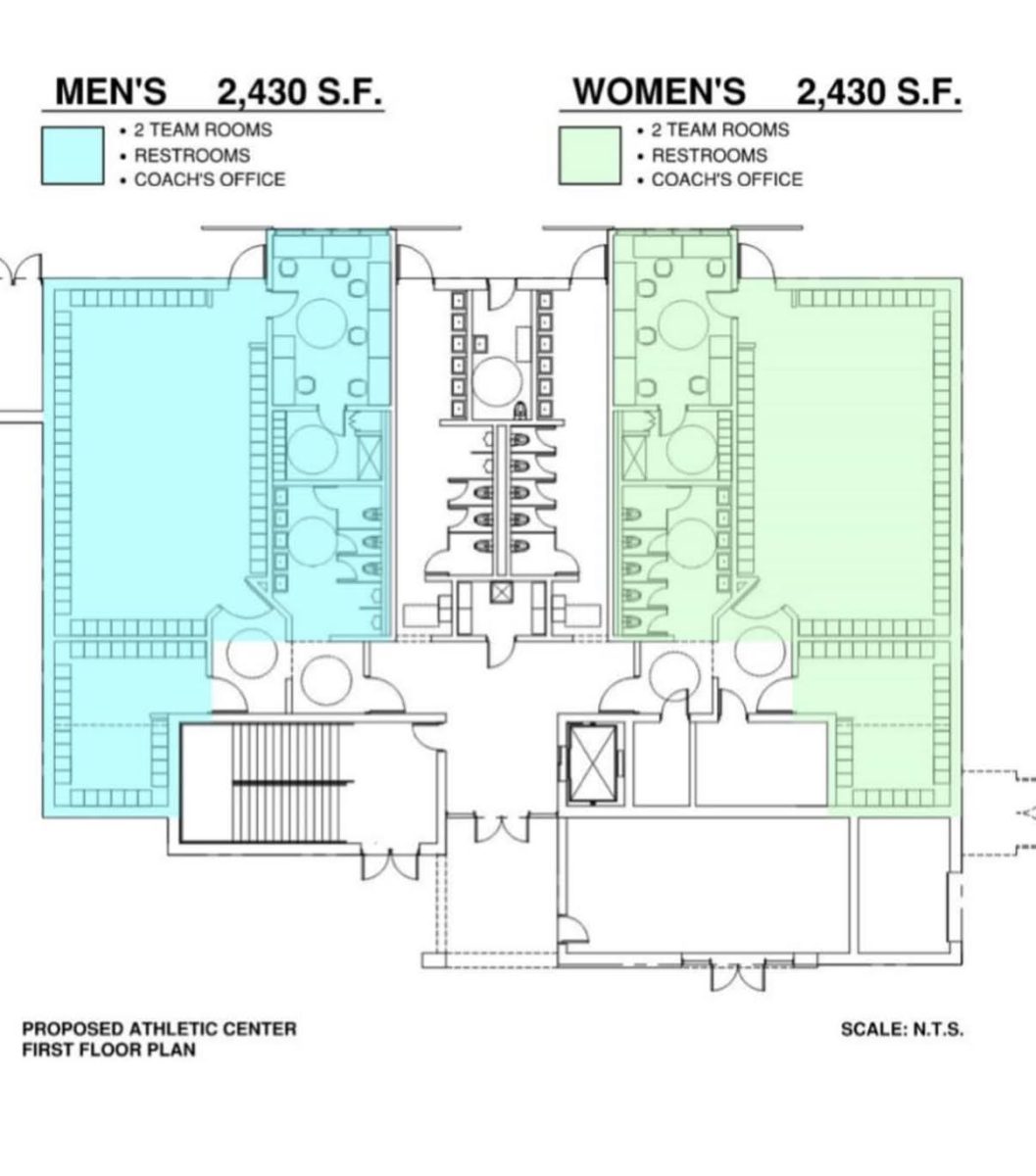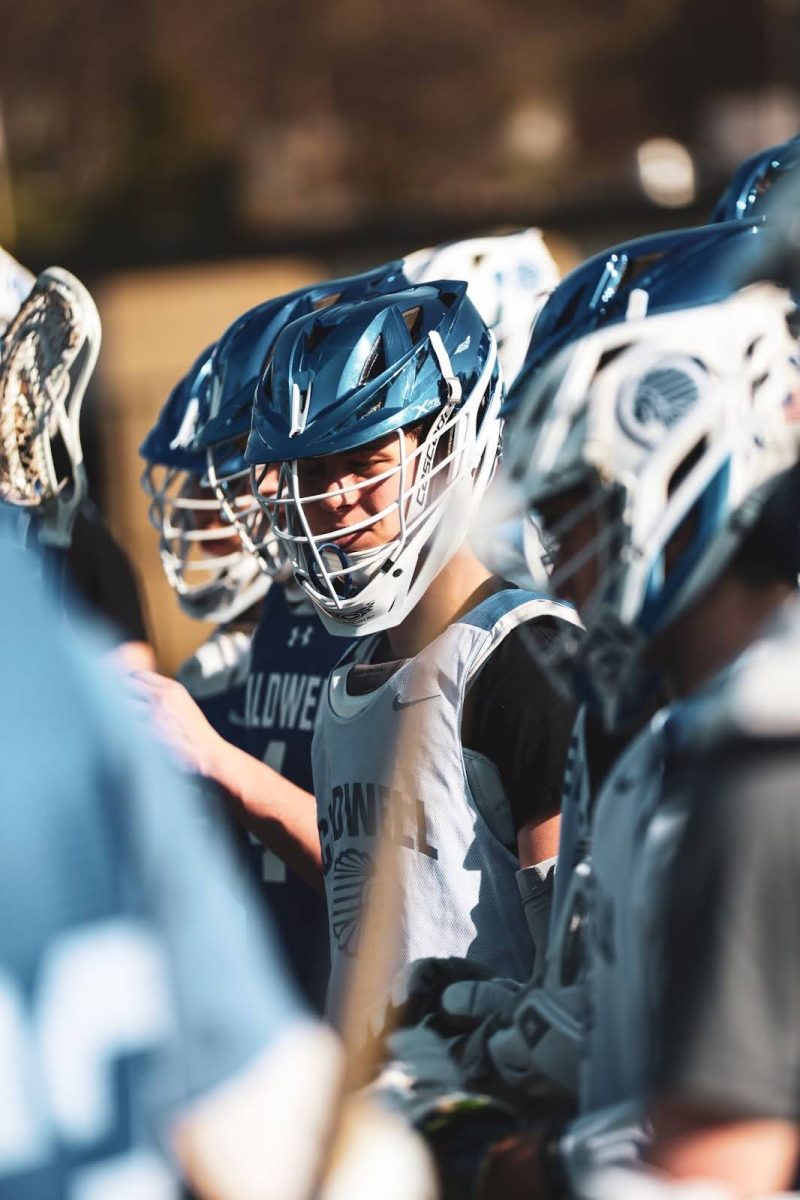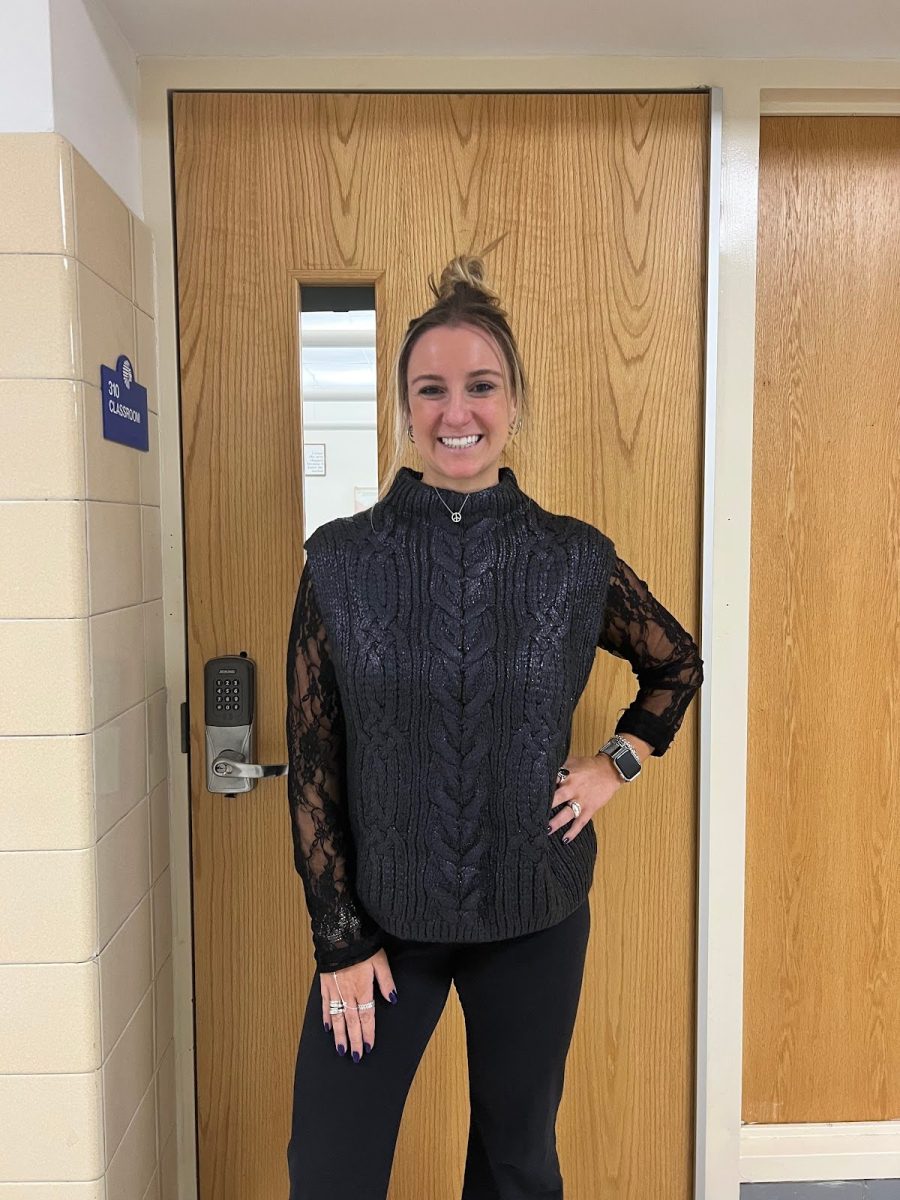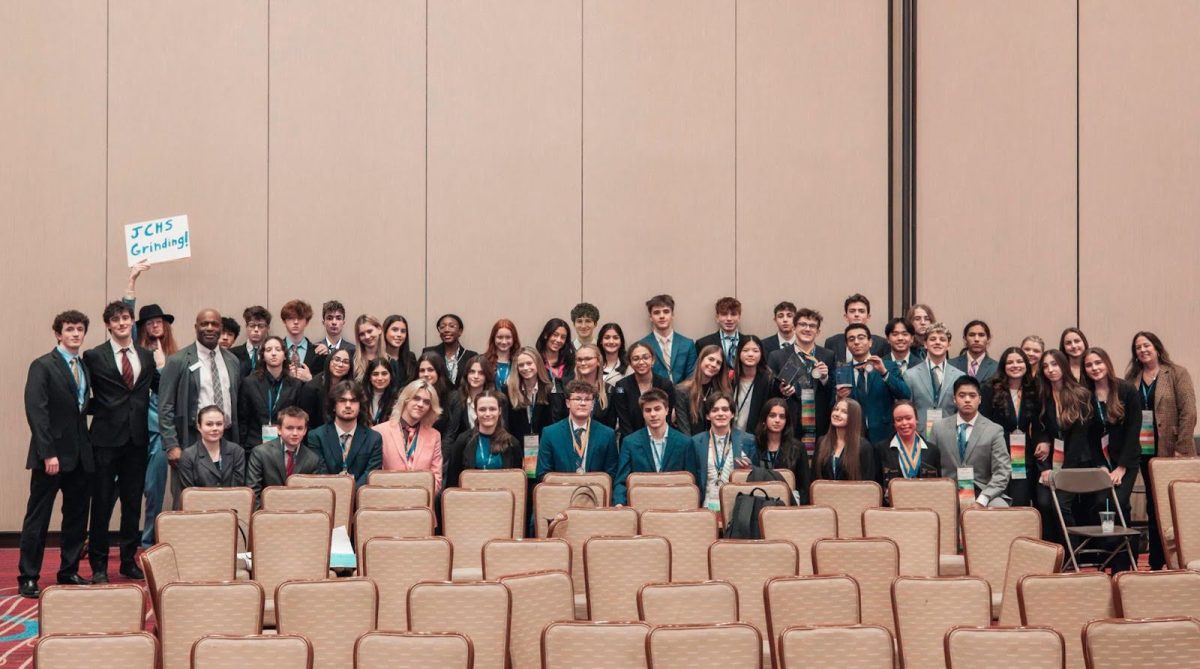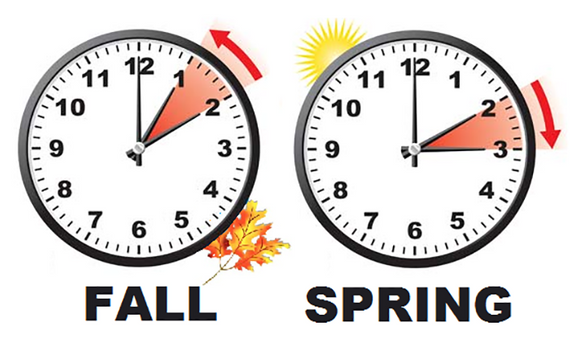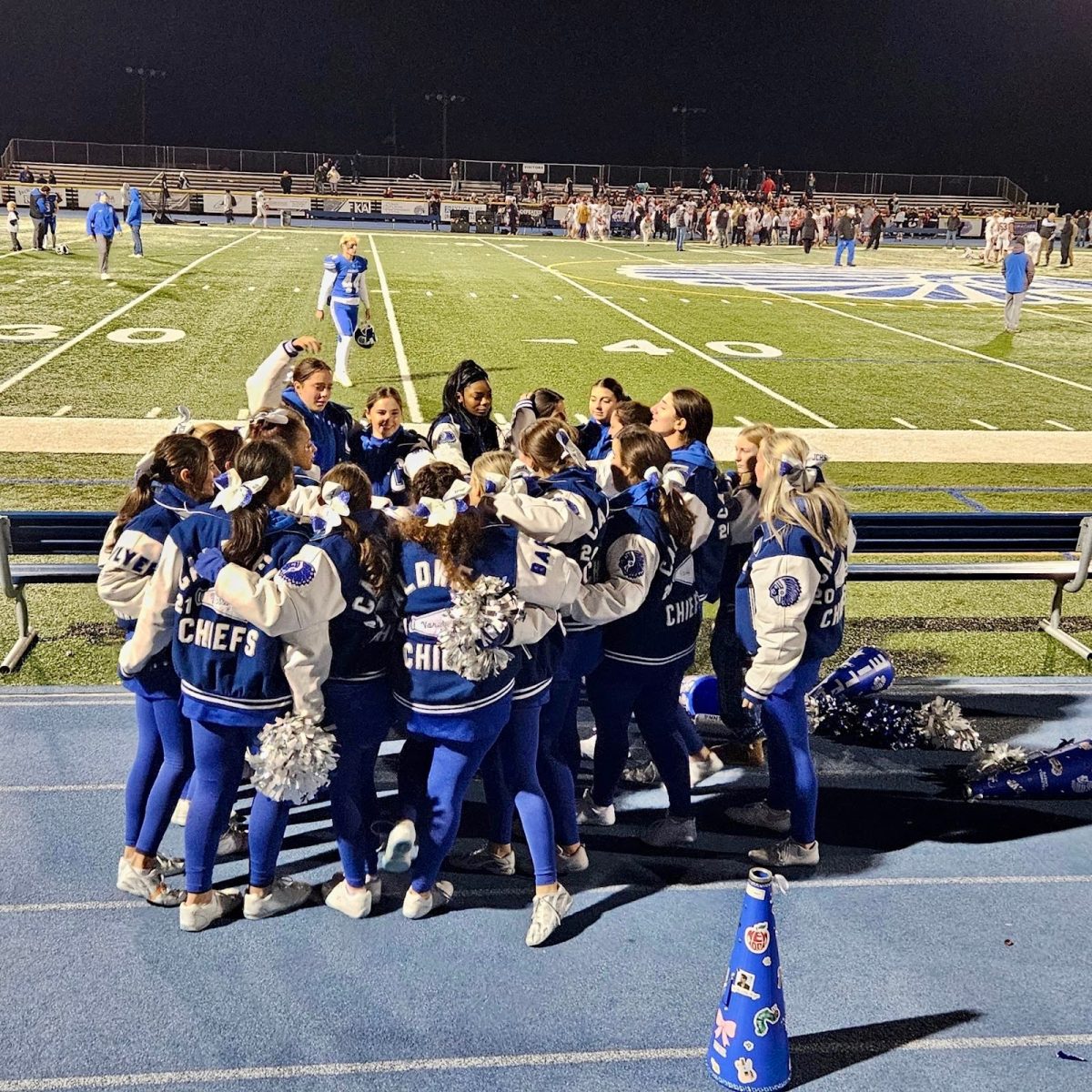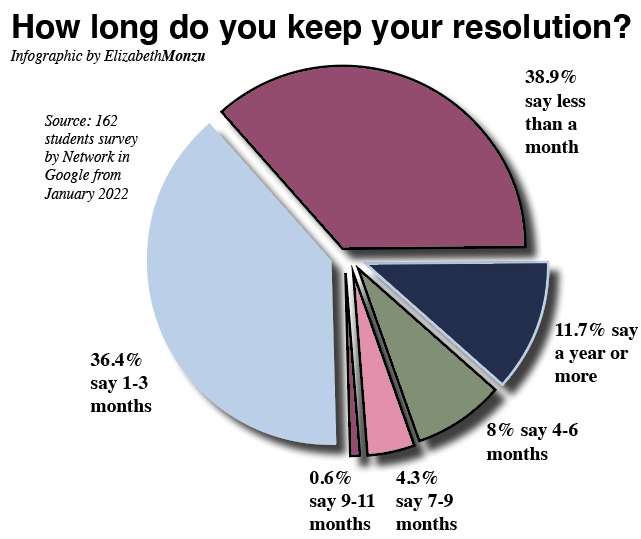
The college process is difficult enough, so the COVID-19 outbreak has only added stress and complications to already existing anxieties. When the United States shut down in March, many factors colleges take into consideration were halted. Standardized testing including the ACT and SAT were cancelled and Advanced Placement tests were converted to shorter online exams. With classes being online many high schools changed their grading policy to pass or fail and students missed out on semesters of extracurriculars. The alteration of essential aspects of an application left colleges questioning how they can evaluate an applicant.
Many colleges and universities have now become test optional. Schools such as Auburn, Barnard, Emory, Fordham, and hundreds more no longer require an ACT or SAT score. While there is no penalty for not submitting a score, an applicant can send one if they feel it can benefit their application. Kedra Ishop, the vice president of enrollment management at the University of Southern California, asks applicants to send whatever they think best represents them as a student. Now that some high schools have a pass/fall policy and others have kept their grading the same, it is difficult to compare students when they are all on different systems. Since test scores and grades are up in the air, other aspects of the application are going to hold more weight. Students will also be missing extracurriculars, volunteering, and sports from the time the country was in lockdown. As a result, colleges and universities are going to be taking a closer look at essays and the rigor of the classes they took.
With the application process being turned upside down, colleges have given applicants the opportunity to share about their experience with the virus. The Common Application has added a 650 word prompt where one can discuss the challenges they personally faced. However, many college advisors are recommending not completing the prompt. Jeff Schiffman, director of undergraduate admissions at Tulane University shares that this prompt has become a revolving door of the same answers that no admissions officer wants to read after living through the virus for months. They do not want the responses to be redundant so applicants should fill out this section only if they have extenuating circumstances.
Back in March, schools closed their campuses to visits, dorm stays, and classroom observations. Prospective students use these experiences to gauge which schools they want to apply to and eventually where they want to study. Many applicants now have to apply without ever stepping foot on campus. Colleges and universities have tried to combat this by increasing online engagement. They have begun virtual tours, online information sessions, and webinars with current students. With these circumstances, it is more important than ever for prospective students to research the schools they are applying to.
Both college admissions and prospective students have to rethink how they are approaching this year’s applications and tours. New policies and updates for schools can always be found on the school’s website or commonapp.org.






